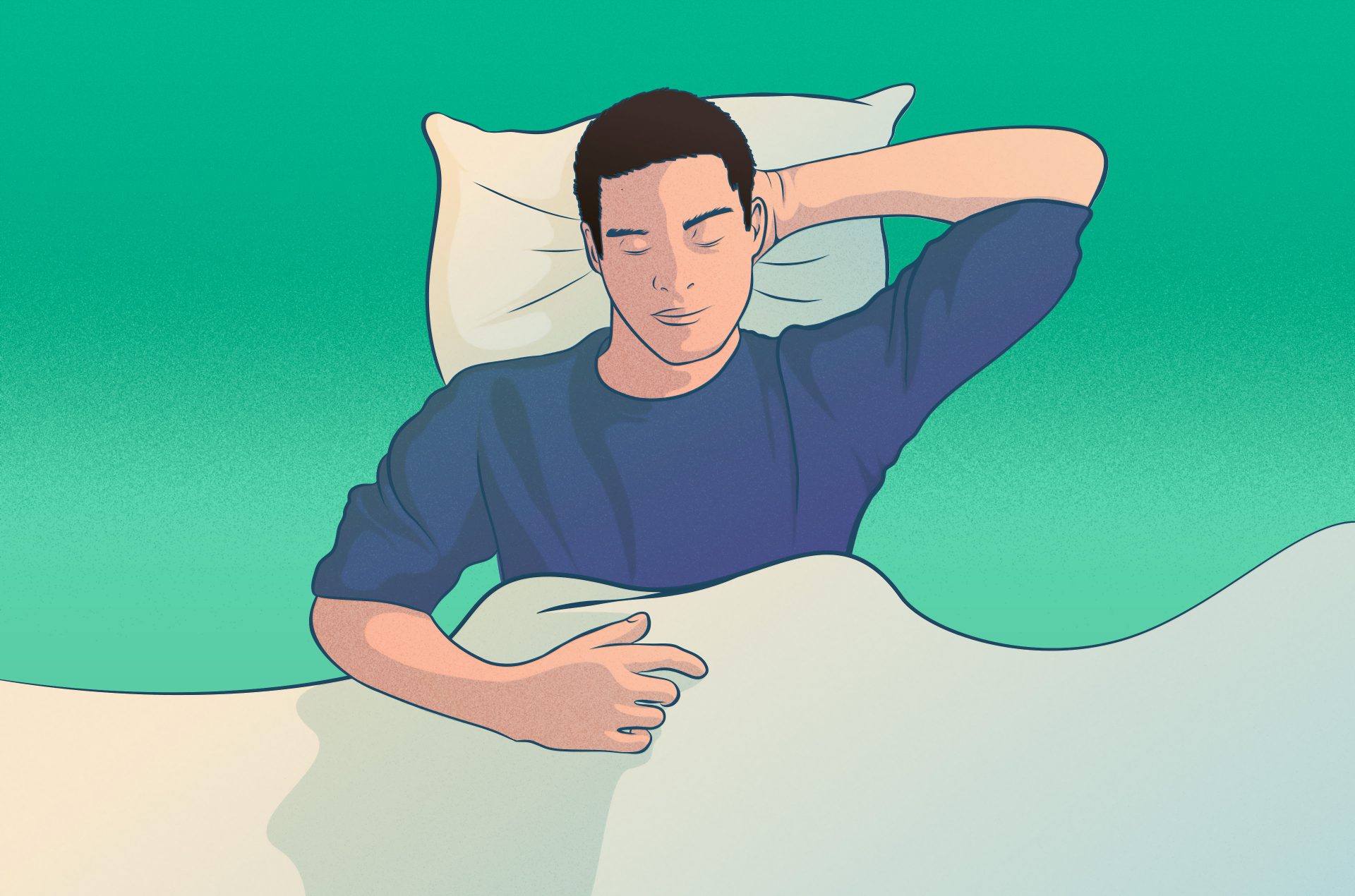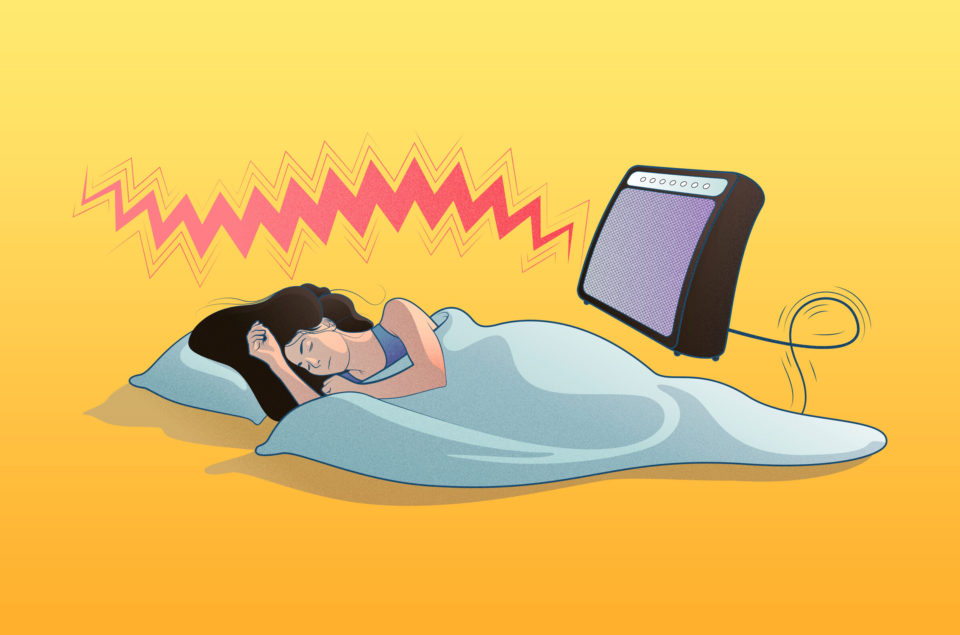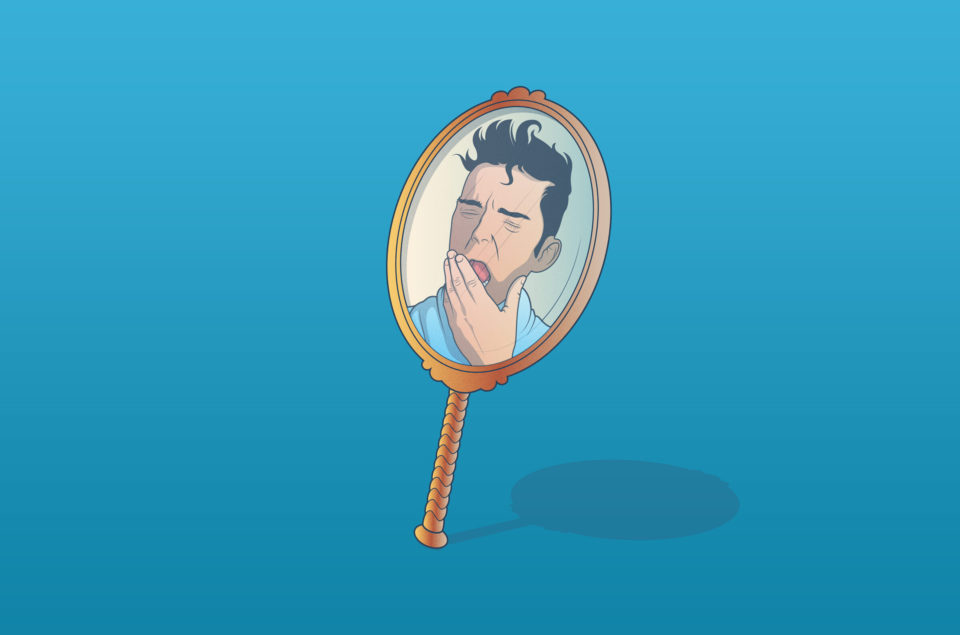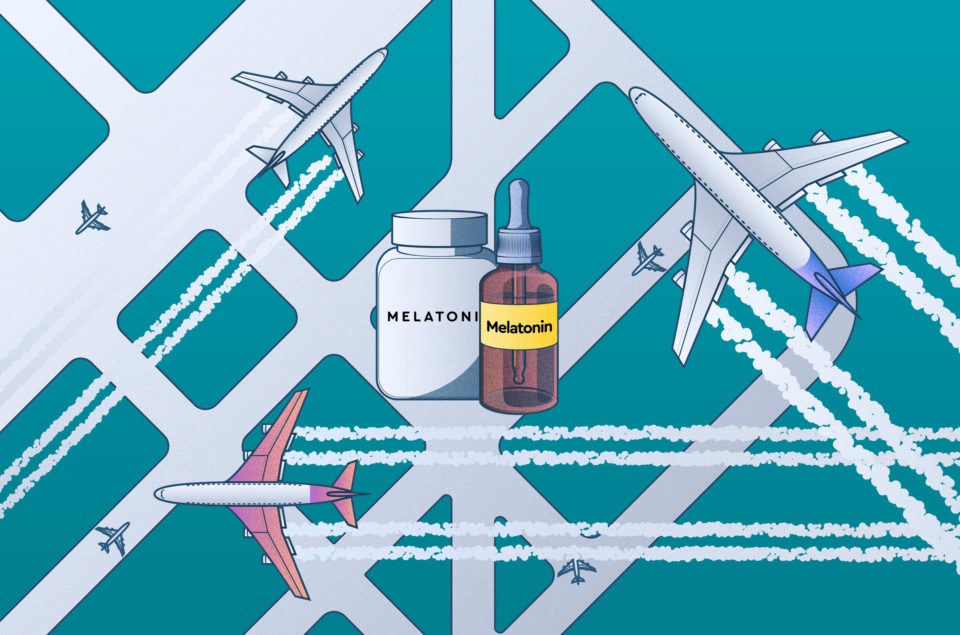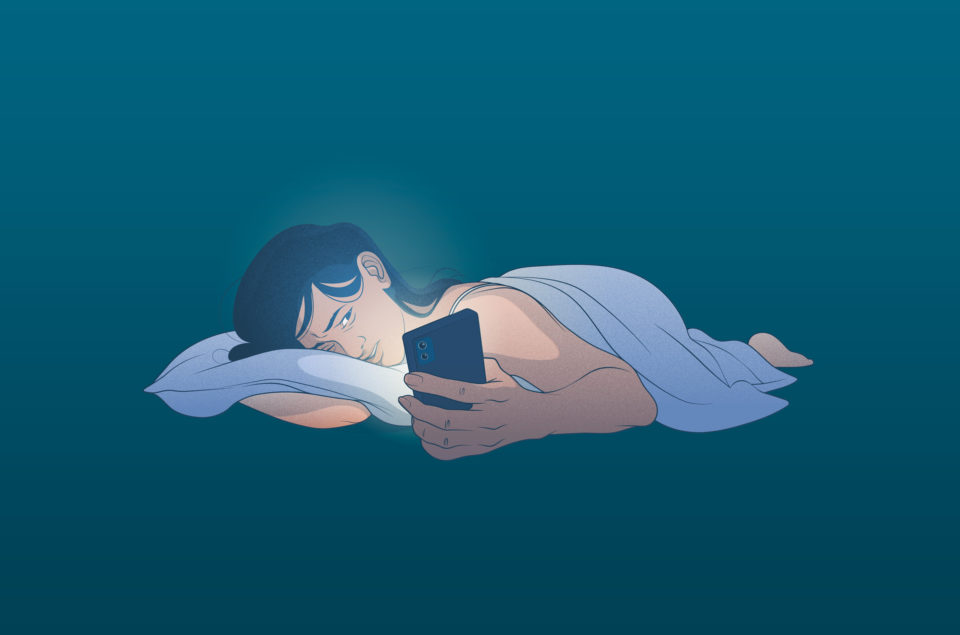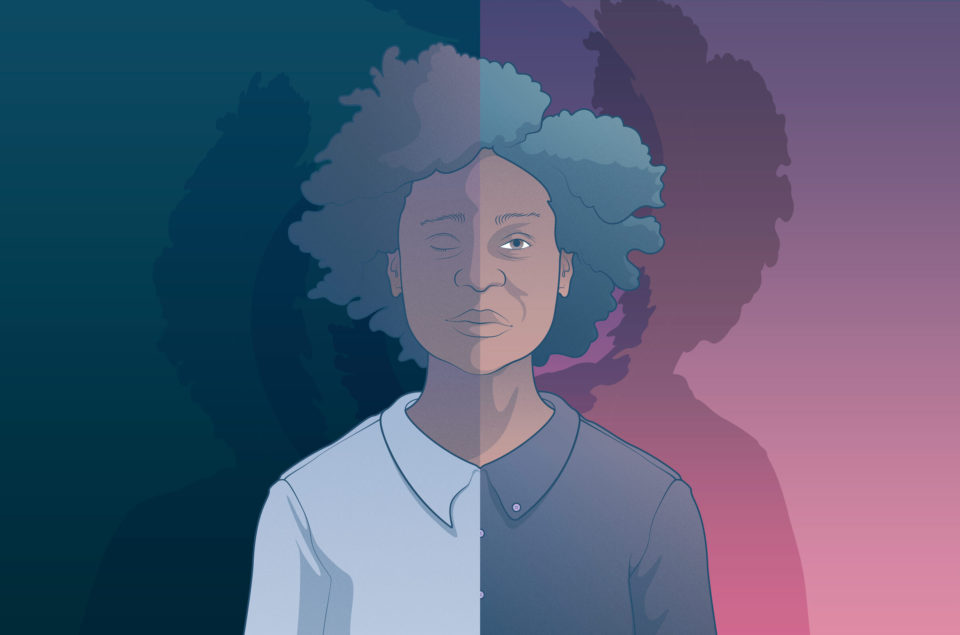If knowledge is power, we definitely should listen more to what our bodies are telling us. At least in the sleep department. And since sleep shapes our lives, catching up on what your body already knows is a good thing. Let’s have a look at seven brand new discoveries about sleep that the body has known for eons.
- There’s a single gene behind our need to sleep when we’re sick
Heading for bed when feeling sick? It makes sense to rest while your body fights off infections and illness. Courtesy of the fruit fly, researchers have identified a single “sleep gene” that switches our bodies into sleep mode to recover when we are sick. They compared the fruit fly’s behavior with and without the gene. Without the gene, the fruit fly didn’t sleep when ill, but with the gene intact, it slept to get better.
2. If you have sleep apnea, you might struggle to recall your memories
Obstructive sleep apnea (OSA) is a common and potentially serious sleep disorder that can affect anyone regardless of gender, age and body weight. People with OSA stop breathing repeatedly in their sleep and that affects almost every organ system in your body if left untreated. In the US alone, more than 22 million adults experience it and the number of undiagnosed cases is high. A new study reveals that OSA affects your long-term personal memories such as your first day at school, your fear of the dark and the joy you felt when celebrating something with your family etc. Your long-term memory is important to mental health and research shows that people with OSA are at higher risk of suffering from mood disorders.
3. Yes! You can learn a new language in your sleep
Imagine waking up one morning speaking French. And it’s not just a dream. Scientists have discovered that it’s possible to learn new vocabulary even when you’re sleeping. Our brain cells switch between activity and inactivity when we’re asleep. The study found that playing words to people during the active phase improved their vocabulary when they were awake.
4. We still hear during parts of our sleep cycle
If we can learn languages in our sleep, it’s hardly shocking news that part of the brain is still listening while we’re asleep according to a recent study. Sleepers enter a standby mode and continue to track signals that carry meaning. This behavior hails back to the days when we lived in caves and faced seriously stressful situations like being eaten alive. To survive, your brain’s alarm-system switched from sleep-mode to full action in no time. Back then, hitting the snooze-button was never an option.
5. Losing sleep due to stress changes the shape of your brain
When you’ve fallen into blissful slumber, you’re in the REM period of sleep. It’s the phase where we dream and it also plays a role in learning, memory and mood. A recent study, based on trials in mice, reveals that stress impacts the length of REM periods, and the amount of REM has a close connection to depression and mood disorders. Another discovery is that increased REM sleep makes our brilliant brains change shape to cope better with the stress and strains of daily life.
6. Sleep shortage increases risk of Alzheimer’s and heart issues
Earlier this year, researchers found that sleep deprivation makes you more prone to developing Alzheimer’s since lack of sleep increases the amount of a protein found in the brain of people with the disease. Another study examined the sleeping habits of 3,000 adults to understand how sleep affects our heart. It revealed that the amount of hours we sleep have a significant impact on the condition of our heart. Researchers discovered that people who sleep less than 6 hours a night can reduce plaque build-up in the arteries with 25% by increasing their sleep to 8-9 hours a night.
7. There are 351 bits of genetics associated with being a morning person
Early-bird or night-owl? Or perhaps you’re a night owl who would rather be a morning person? Unfortunately, making that transition could be tricky. Research suggests that being an early bird is all down to genetics, 351 bits of it to be precise. The research discovered that there are specific genes linked to early-bird behavior and these genetic signals make a huge impact on how much coffee you need to kick-start your day.
